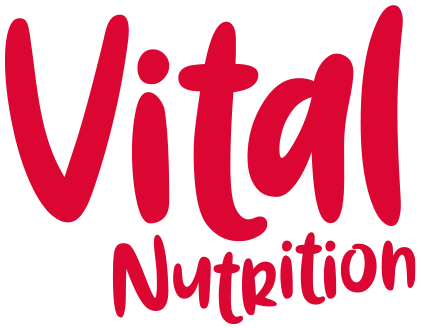Feed your brain
Recent research from Queens University, Belfast estimated that one third of people in Northern Ireland experience anxiety (30 per cent) and depression (33 per cent), and one in five (20 per cent) report COVID-19 related PTSD due to the current pandemic.
Our mental health can be fragile, and the World Health Organisation (WHO) estimate that mental disease, including stress will be the second leading cause of disability by the end of 2020.
Lockdown, social distancing and the fear of COVID-19 can be overwhelming, and often when we feel under stress the foods we reach for are not doing our body or brain any favours. We know that a diet high in sugar is linked to increased risk of depression and anxiety, and yet when serotonin levels are low and we are feeling down, often it is the chocolate, sweeties and sugary stuff we crave.
Diet and lifestyle factors have an enormous impact on our mental well-being. By making a few simple changes to our daily routine, we have the power to feed our brain and support our mental well-being.
The importance of routine
Get up, get out of bed and get outside. This will help balance melatonin and cortisol levels and is likely to improve energy levels and mood throughout the day.
It is well known that being in nature can help with feelings of anxiety, stress and depression, so get outside every day.
Eat your meals at the same time every day. Creating a ritual of routine is important to help support our adrenal stress glands, If we skip meals, we are more likely to feel jittery, stressed or anxious.
Don’t eat too late at night. Finish eating a couple of hours before bedtime.
What to eat
A Mediterranean diet has been shown to significantly reduce risk of depression. One study showed that people with clinical depression who followed a Mediterranean diet for 12 weeks had significant improvement in mood.
Green leafy vegetables, seafood, peppers, cruciferous vegetables (e.g. cabbage, cauliflower, brussel sprouts, kale, rocket) and organ meats were cited as important foods for mental health by the World Journal of Psychiatry in 2018.
Our brain needs fats, so forget low fat dieting and pack plenty of essential omegas into your diet in the form of oily fish (always check your fish is from a sustainable source), nuts and seeds, avocado, olive oil.
Eat a rainbow. Pack in as many colourful fruit and vegetables as you can. Green leafy veg are particularly important. Aim to eat 1-2 portion every day.
Eat protein with each meal. The amino acid tryptophan is a pre-cursor to serotonin and melatonin, and making sure you eat adequate protein (eggs, meat, fish, nuts and seeds, pulses, dairy products) will ensure sufficient tryptophan.
Our gut has been dubbed our ‘second brain’, so good digestive health is key to good mental health. Include some probiotic rich fermented foods like live yoghurt, kefir, kimchi, sauerkraut or kombucha in your diet.
What to avoid
Comfort eating sugar and junk food might make you feel better for a little while, but very soon after these type of foods are more likely to leave us feeling low, anxious and depressed.
Likewise, keep an eye on your alcohol intake and consider stopping for a while. You are likely to feel more clear headed without it.
Nutritional supplements
When we are stressed or anxious, our bodies need more micronutrients – in particular B vitamins, vitamin C magnesium and potassium. A healthy diet, packed with colourful vegetables and healthy foods is essential to provide this, but I would also consider taking a few carefully chosen nutritional supplements too.
As long as you are not on any medication, it may also be advisable to look out for supplements containing tryptophan or 5HTP that may help support healthy serotonin levels. These cannot be taken with anti-depressant medication, so check with your pharmacist of GP before taking if you are unsure.

